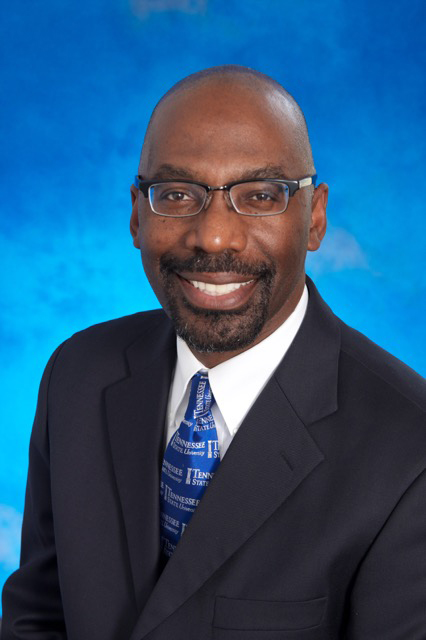NASHVILLE, Tenn. (TSU News Service) – Tennessee State University economists are expressing their views about what’s being done to address the nation’s coin shortage. They agree the coronavirus is a factor, but one says the issue actually began before the pandemic.

With more people staying home because of COVID-19, buying less and shifting their spending online, the natural flow of pocket change through banks, restaurants and retail stores has dried up. Businesses are feeling the pinch, and have gone as far as making announcements and posting signs to make customers aware while they shop.
TSU economist Dr. Achintya Ray says he believes there’s a deeper issue that began even before COVID-19.
“The coin shortage is definitely driven in part by the pandemic,” says Ray. “However, the decline in the circulation of coins is also driven by a movement toward cashless transactions that has been going on for some time. The pandemic has accelerated that movement.”
To boost circulation, the U.S. Mint is on track to produce more coins this year than it has in almost two decades, roughly $1.6 billion in coins a month, says TSU economist Dr. Fadi Fawaz. And then there are the businesses inviting people to bring in their rolled coins in exchange for cash, and maybe even a free sandwich, like one Chick-fil-A in a South Carolina mall.
“All of this is helpful,” says Fawaz, who is also a financial expert. “But the main thing is for people just to use them (coins) more.”
The current coin shortage is not new in American history. Fawaz recalls the penny shortage in 1999.
“We had what we called the penny drought, where people weren’t interested in using pennies anymore,” says Fawaz. “They started storing them in jars. Businesses back then were buying jars of pennies.”
The U.S. Mint back then did something similar to what it’s doing now.
In the first quarter of 1997, the Mint produced 2.1 billion pennies. In 1998, that increased 29 percent to 2.7 billion pennies and in 1999 it produced 3.6 billion pennies. It eventually stepped up its penny production to six days a week, 24 hours a day.

Ray says the use of “cash and coins may also be tied to socioeconomic status,” adding that there should be more of an effort to help individuals who are “unbanked or underbanked.”
“Sections of the society that are not closely tied to the financial system are going to be disproportionately affected by the coin shortage and movement to a cashless society,” he says.
“A quarter of the U.S. households are either unbanked or underbanked and they have very limited means to successfully participate in a cashless society. Focusing on a more inclusive financial system and reducing the unbanked population are going to be key” in helping resolve the problem.
In July, the U.S. Coin Task Force was established to pinpoint how to restart the supply chain. And last month, the Mint put out a public service announcement, with the head of the mint asking Americans to use exact change when making purchases and to turn coins in for cash at coin recycling kiosks. U.S. Treasury Secretary Steven Mnuchin tweeted out a call for people to “help get coins moving!” by spending any extra change they have at home or depositing coins at a bank.
For more information about TSU’s Department of Economics and Finance, visit http://www.tnstate.edu/economics/faculty_staff.aspx
Department of Media Relations
Tennessee State University
3500 John Merritt Boulevard
Nashville, Tennessee 37209
615.963.5331
About Tennessee State University
Founded in 1912, Tennessee State University is Nashville’s only public university, and is a premier, historically black university and land-grant institution offering 39 bachelor’s degree programs, 24 master’s degree programs, and seven doctoral degrees. TSU is a comprehensive research intensive institution with a R-2 Carnegie designation, and has a graduate school on its downtown Avon Williams Campus, along with the Otis Floyd Nursery Research Center in McMinnville, Tennessee. With a commitment to excellence, Tennessee State University provides students with a quality education in a nurturing and innovative environment that prepares them as alumni to be global leaders in every facet of society. Visit the University online at tnstate.edu.




